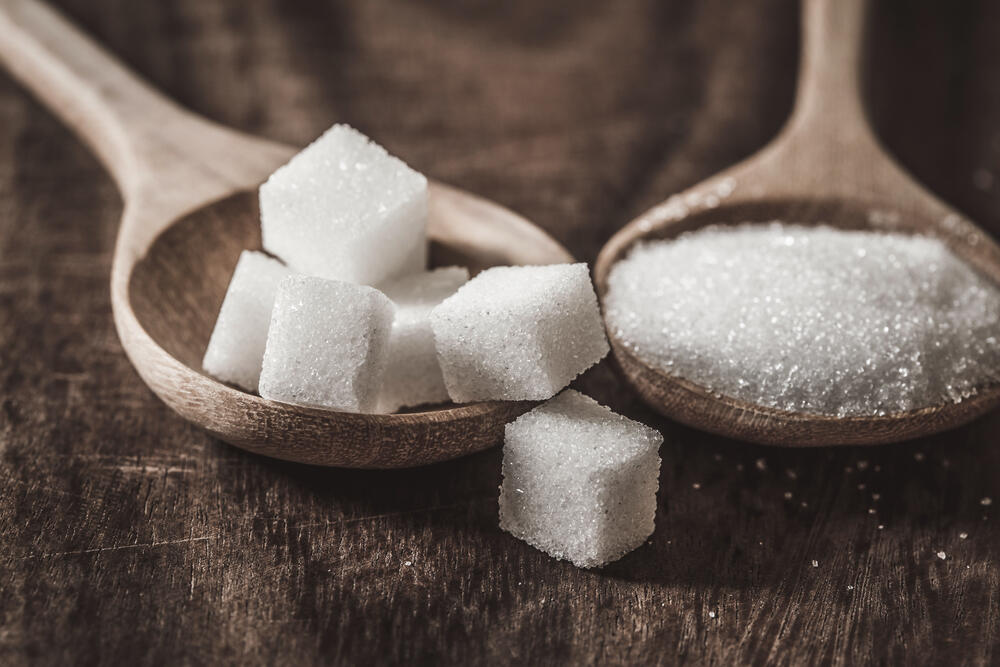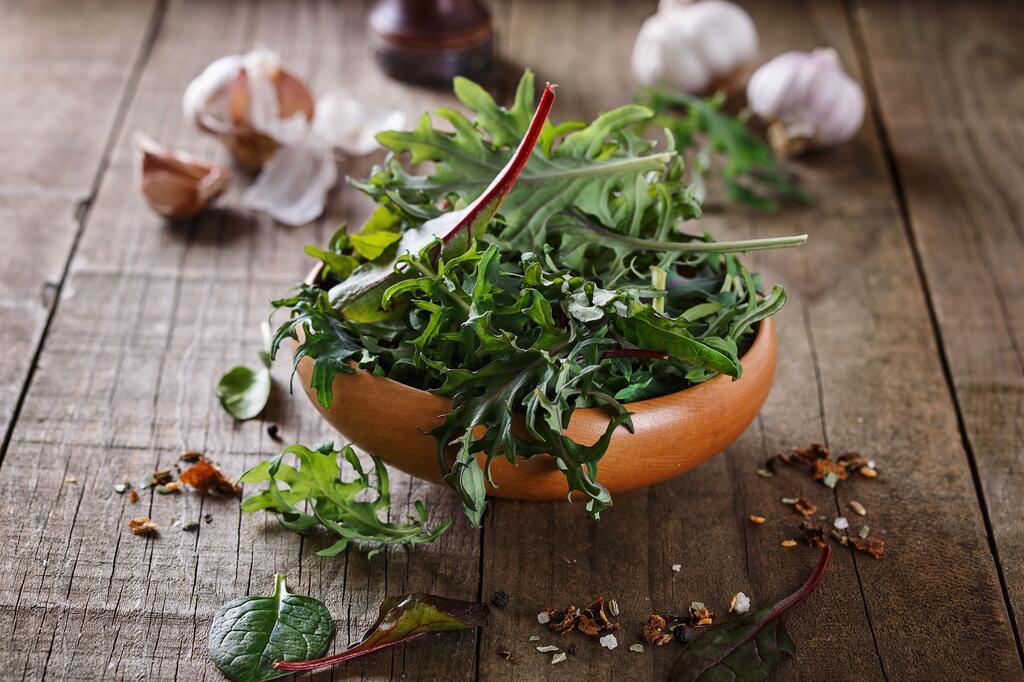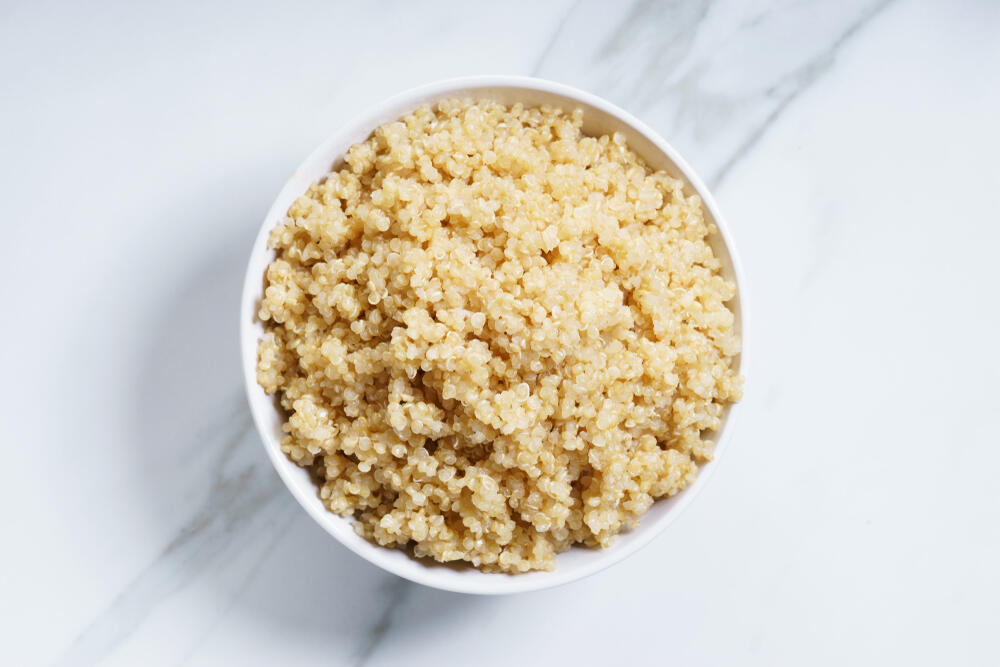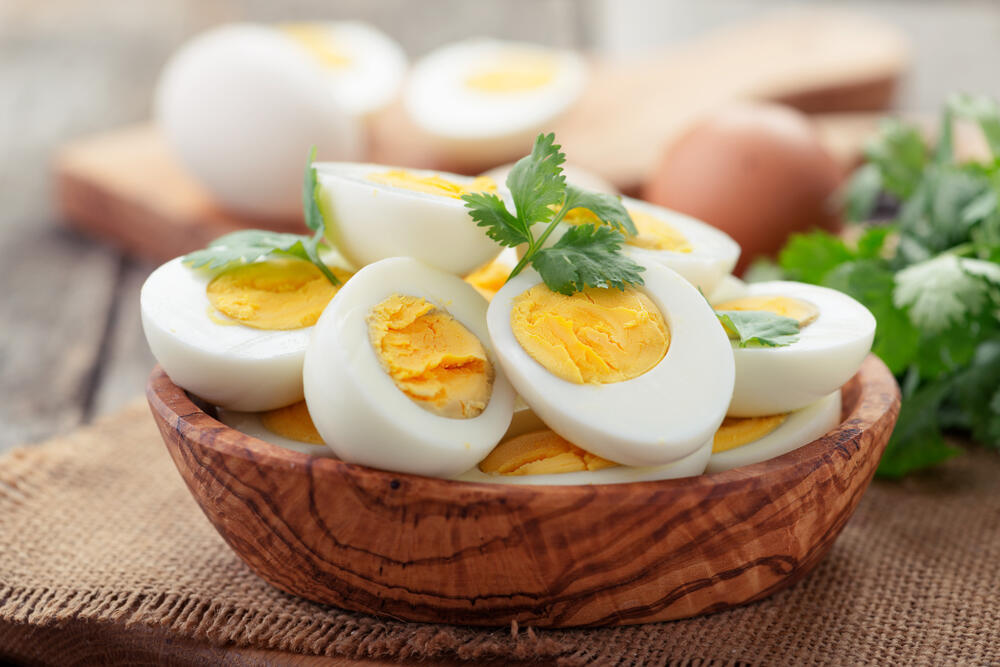Nearly 60% of Israel’s adult population suffers from overweight or obesity, according to data presented this month to the Knesset Health Committee. It’s worrying, though not surprising, especially after over a year and a half of war and stress, both of which disrupt normal eating patterns. And now, summer is upon us. So, how do we step into the intense heat with awareness about nutrition and a mindset that supports our bodies? We asked dietitians and naturopaths for their top summer-season recommendations, including myths worth busting along the way to a healthier plate.
Among the trendiest terms in the nutrition world are “metabolic nutrition” and “low glycemic index.” But what do they mean? “Metabolic nutrition is a science-based approach aimed at improving the body’s metabolic function to promote better health and, where needed, weight loss,” explains Mor Duani, a naturopath and clinical nutritionist who teaches at several top complementary medicine colleges in Israel.
“It suits the general population and is personalized according to each person’s health. It focuses on maintaining a low glycemic index—that means limiting fast-absorbing carbs, balancing blood sugar and insulin, reducing inflammation, regulating hormones, and thereby reducing abdominal fat. The ultimate goal is preventing chronic illnesses like diabetes, obesity, heart disease, and metabolic disorders.”
So, is it just another fad, like keto? “The name may sound trendy, but the approach is strongly backed by research. It promotes health, energy, hormonal balance, and intermittent fasting—but not in an extreme way. The core of metabolic nutrition is reducing carb intake, which helps the body burn more fat and lower triglycerides—those blood fats produced from sugar excesses that end up stored in the body and influence metabolic syndrome.”
So sugar is the enemy?
“Absolutely,” says Duani. “Refined processed sugars—what we call ‘empty carbs’ like white sugar and white flour—are the real villains, not fat. When sugar is combined with oxidized fats, like in creamy ice cream or store-bought cakes that contain white sugar, white flour, and low-quality oils, the result is inflammation in the body. It disrupts liver function, throws off insulin regulation, and boosts belly fat.”
To start improving, the first step is cutting back on simple processed carbs. That alone helps stabilize insulin and blood sugar and encourages fat burning. Duani also recommends reducing even complex carbs to a few times a week and focusing more on quality fats, good protein, fiber, and antioxidants. Metabolic nutrition, she emphasizes, relies on real, unprocessed foods—vegetables, fruits, quality proteins, healthy fats, whole grains, and fiber. It often parallels Mediterranean eating, which also supports a low glycemic index.
And what about intermittent fasting?
“It’s important to understand it properly,” Duani says. “The idea is limiting eating to certain hours of the day, which has become very trendy. It’s good to allow for some nightly fasting—nothing new there. We’ve long recommended finishing meals three to four hours before bedtime and not eating immediately after waking. But 16-hour fasts? That’s too stressful for the body. A 12-hour daily fast is enough and aligns well with metabolic nutrition.”
“Israeli summers bring heat and humidity to most of the country,” says Dr. Gil Barzilai, an expert in Chinese medicine and nutrition. “According to Chinese medicine, we should cool ourselves not only with air conditioning but also with foods that have cooling energetic properties—even if they’re not physically cold.”
Foods with “cooling energy” tend to be bitter and help cleanse and reduce dampness in the body. Examples: Swiss chard, spinach, leafy greens, lots of lettuce, sprouts, and microgreens—especially good for summer. Sweet flavors are also welcome during this season to calm the spirit, which becomes more irritable in sticky heat. That’s where nature steps in: while Israel’s winter fruits are dull, summer brings melons, figs, grapes, and watermelon—all hydrating and cooling due to their diuretic effect.
Still, Barzilai notes, these are also sugar bombs with little fiber. In contrast, apples are moderately sweet and fiber-rich, making them better for sugar balance. “So, what do we do with summer fruits?” he asks. “Enjoy them in moderation. Whoever invented watermelon with feta cheese was a genius—fat and protein help blunt the sugar spike and reduce cravings.”
He also recommends spicy flavors in the summer—like many Asian cultures that eat hot soups in hot weather to encourage sweating and cooling. Spices like radish and scallions do the same. “This reflects deep wisdom about how the body works,” he says. “Green vegetables, herbs, and summer fruits are cooling—but be careful with sugar levels.”
What if you’ve had a day of ice cream, fruit, and smoothies? “If you’re young, healthy, and active, your body might handle it. But as we age, we need to scale back. Don’t stock every fruit in the fridge—just two types at a time. Try cooling herbal infusions at room temperature, like green tea blends, which dry, cool, and detox the liver.”
How to prepare a summer infusion: Steep green tea leaves with lemongrass, mint, lemon verbena, or lemon balm, cool it down, and top off with room-temp or cold water. Keep the pitcher nearby and sip throughout the day.
Naturopath Almog Gold adds: “Even though it’s hot, don’t overcool your body—especially if you’re in air conditioning all day or if you’re the type to wear a sweater even in July. Also, if you’re prone to B12 deficiency, avoid extremely cold foods.”
“If you’re eating salad, take veggies out of the fridge two hours in advance or toss in something warm like tofu, chicken, fish, or hot legumes. The same goes for fruit: don’t eat it ice cold. This supports digestion and helps your body absorb nutrients.”
“A balanced diet includes all food groups, with special attention to protein,” says Amit Ganor, a dietitian and CEO of the Israeli Dietitians Association, and author of Women’s Nutritional Cycles. She knows many women avoid protein and turn to carbs for comfort.
“It’s true—carbs are easier,” she says, “but the key to losing fat without harming muscle is a nutrient-dense diet rich in protein, vitamins, and minerals. The real challenge is spreading your protein throughout the day because the body doesn’t store it.”
Her suggestion: three protein “pulses” daily. In the morning: yogurt, an egg, or 5% cottage cheese with veggies. Instead of sugary granola, add oats, chia, and goji berries for crunch and flavor. At lunch: a protein dish—chicken, turkey, beef, or fish (watch calories with fish—pair it with vegetables, not carbs). At dinner: light protein—like tofu, eggs, tuna—and lots of vegetables.
“Too many Israeli women live on carbs and don’t eat enough protein. Even if you swap rice or pasta for quinoa or buckwheat, those are still carbs. Sure, they’re complex, but they still break down into sugar. You need to know what you’re putting into your body.”
She also points out that trendy “quinoa salad” isn’t really a salad. “It’s like saying rice salad—quinoa isn’t a vegetable. It’s fine to eat quinoa, buckwheat, mashed potatoes, or rice—but be aware of what it is. Most important, especially for women in midlife, is to always pair protein with carbs—and pile on the veggies.”
As for plant-based milks in your summer iced coffee? “Oat milk isn’t milk—it’s carb water,” she says. “Soy milk is different. It contains real protein.”
So which milk should you use?
“Only soy. It’s healthy and protein-rich—exactly what women need to preserve muscle mass.”
Another tip: snack on fruit between meals, but only if you’re not also eating sweets that overload your sugar levels. “Don’t fear fruit,” she says. “Bring it back—especially high-fiber fruits like apples, pears, berries, and strawberries. A cup of watermelon or cantaloupe is great. They’re full of vitamins, minerals, and the water your body craves in summer.”
And for diabetics?
“Even for diabetes, we’re more relaxed—if you eat the fruit with the peel and get the fiber. Just don’t juice it.”
Sivan Ofiri, a nutrition coach and founder of the “Simply Lose Weight” method, wants to bust the calorie myth. “Most people still cling to the idea that weight loss is about calories in vs. calories out. But that’s outdated—it ignores food quality and how the body digests it.”
“Calories from a cookie aren’t the same as calories from an egg or hummus. A cookie spikes sugar and insulin, fuels cravings, and drops leptin—the hormone that signals fullness—leading to overeating and loss of control. Do that long enough and you get fat and sick.”
What’s the alternative?
“Build meals around high-quality foods your body expects—like eggs, salmon, or avocado. That way, your blood sugar and insulin stay stable and you feel full.”
Insulin, she notes, is key—it blocks fat-burning and promotes fat storage. A diet that minimizes insulin release works with your body instead of against it.
And what about willpower?
“Weight loss based on calorie restriction only lasts short-term. It goes against biology. Eventually, the body panics, holds onto fat, and triggers binge eating. As endocrinologist Dr. Robert Lustig says: in the battle between survival and willpower, survival always wins.”
So it’s food quality over calorie counting?
“Absolutely. The quality of your food determines success—not the number of calories.” Ofiri knows this firsthand—she struggled for 25 years with disordered eating, swinging 66 pounds up and down. Today, she’s free of that cycle.
“You can rewire your brain so that pizza, ice cream, and cookies don’t tempt you. They’re simply not an option—just like someone who keeps kosher wouldn’t mix dairy and meat. It’s not about willpower. Once you truly understand what nourishes you, unhealthy food becomes irrelevant. I’ve left behind years of pain, shame, and helplessness.”






